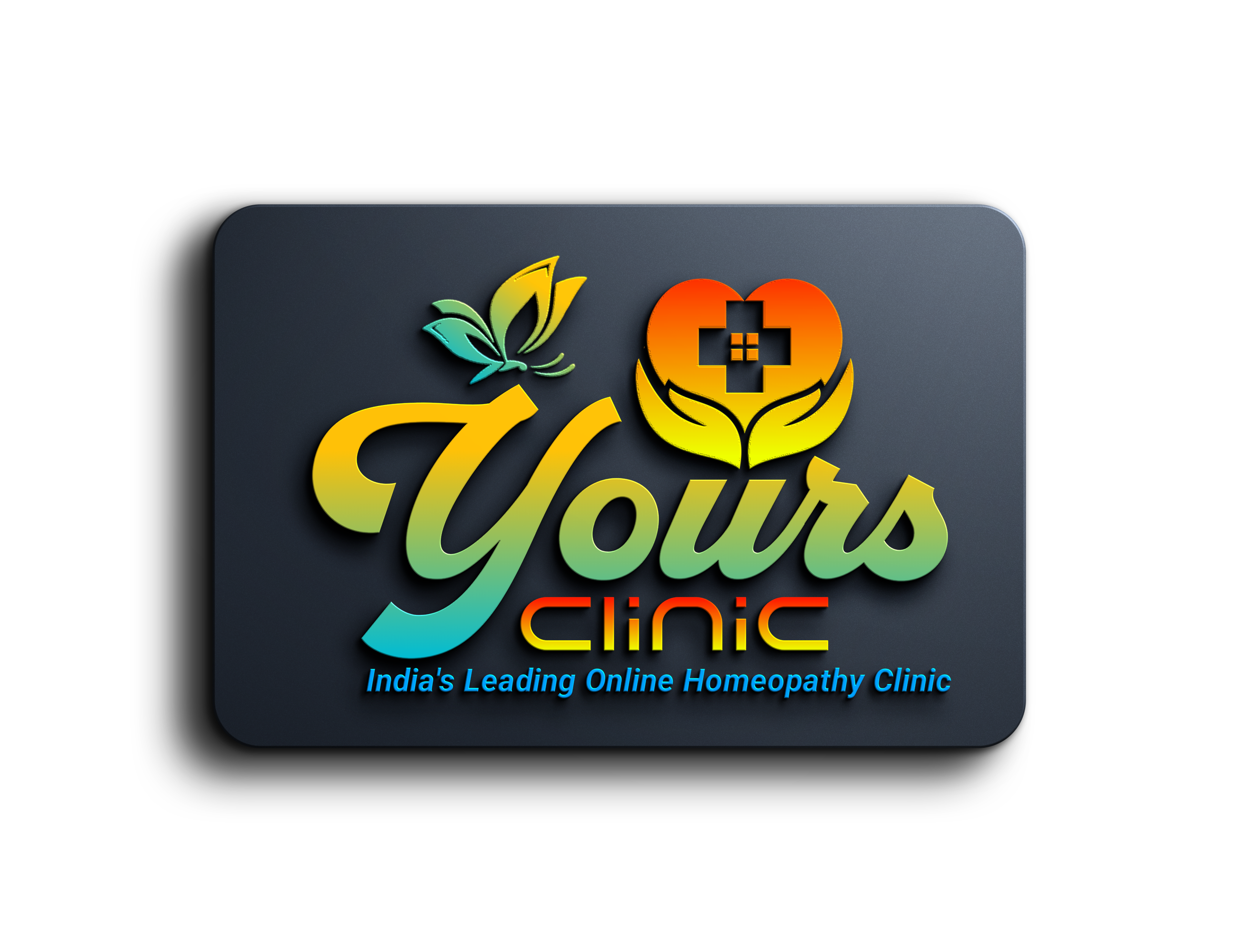Overview
Are you suffering from PCOD problem? You’re not alone. It is estimated that nearly 20% of all Indian women, that is, about 1 out of 5 women in the country, suffer from PCOD.
What is PCOD?
Polycystic Ovarian Disease (PCOD) is a medical condition in which a woman’s ovaries generate immature or partially mature eggs in large numbers during reproductive age. These eggs develop into cysts in the ovaries over time. Due to the cysts, ovaries become large & secrete large amounts of male hormones (androgen) which causes infertility problems, irregular periods, unwanted weight gain, and other health issues.
While relatively common, most women are not aware of the signs and symptoms of PCOD, the implications of the condition, and available treatment options. So let us take a closer look.
What Problem PCOD May Cause?
The symptoms associated with PCOD often leave a lasting impact on women’s physical and mental well-being. It is estimated that about 34% of the women suffering from PCOD problem also suffer from depression, and nearly 45% suffer from anxiety. This makes it essential to diagnose and manage the symptoms early to prevent PCOD problems in future.
Many of the women diagnosed with PCOD problem also experience poor quality of life-related to-
- Mood swings
- Negative social relationships
- Low self-confidence
- Negative self-image
- Disruption of eating and sleep patterns
- Low motivation
Difference Between PCOD and PCOS
The names PCOS (Polycystic Ovary Syndrome) and PCOD full form Polycystic Ovarian Disease are often used interchangeably.
Let us look at how we can differentiate between PCOD vs PCOS.
| PCOD | PCOS |
| PCOD is a medical condition where the women’s ovaries produce immature or partially impure eggs, which transform into cysts. | PCOS is a more severe condition where the ovaries produce a high quantity of male hormones, resulting in excess cyst formation. |
| About one-third of women worldwide suffer from PCOD, which means pretty common. | PCOS is a disease that affects fewer women than PCOD. |
| PCOD does not affect fertility in women. In about 80% of the cases, women can conceive with little help and medications. | PCOS affects female fertility adversely. As the woman is not ovulating regularly, it is difficult to conceive. Even if they do, there is a risk of miscarriage, premature birth, or complications during pregnancy. |
| PCOD has no serious complications. | Type 2 diabetes, high blood pressure, heart disease, and advanced endometrial cancer are serious complications associated with PCOS. |
| PCOD doesn’t have severe complications and can be healed with the right diet plan. | While polycystic ovary syndrome (PCOS) cannot be cured, the symptoms can be controlled through lifestyle changes and medicines. |
| PCOD does not release as many male hormones as PCOS, the symptoms are less frequent and rarely noticeable. | Women suffering from PCOS often struggle with the symptoms from a younger age. |
| PCOD sufferers are not threatened with such issues. | PCOS is inherently a metabolic disorder. This means it is often accompanied by a greater risk of developing high blood pressure (hypertension), diabetes, cardiovascular diseases, obesity, and cancers of the uterus and breast. |
| Women who suffer from PCOD experience mild to moderate symptoms. These symptoms can be managed with diet, lifestyle changes, and medication. | Women suffering from PCOS may require infertility treatments and active treatment protocols to manage other health conditions that they may develop. |
If you experience any of the symptoms associated with PCOD, it is important to consult an expert gynaecologist for a proper diagnosis and PCOD problem treatment. In addition, your gynaecologist may refer you to an endocrinologist or a cardiologist to help manage other health conditions that you develop due to PCOS.
